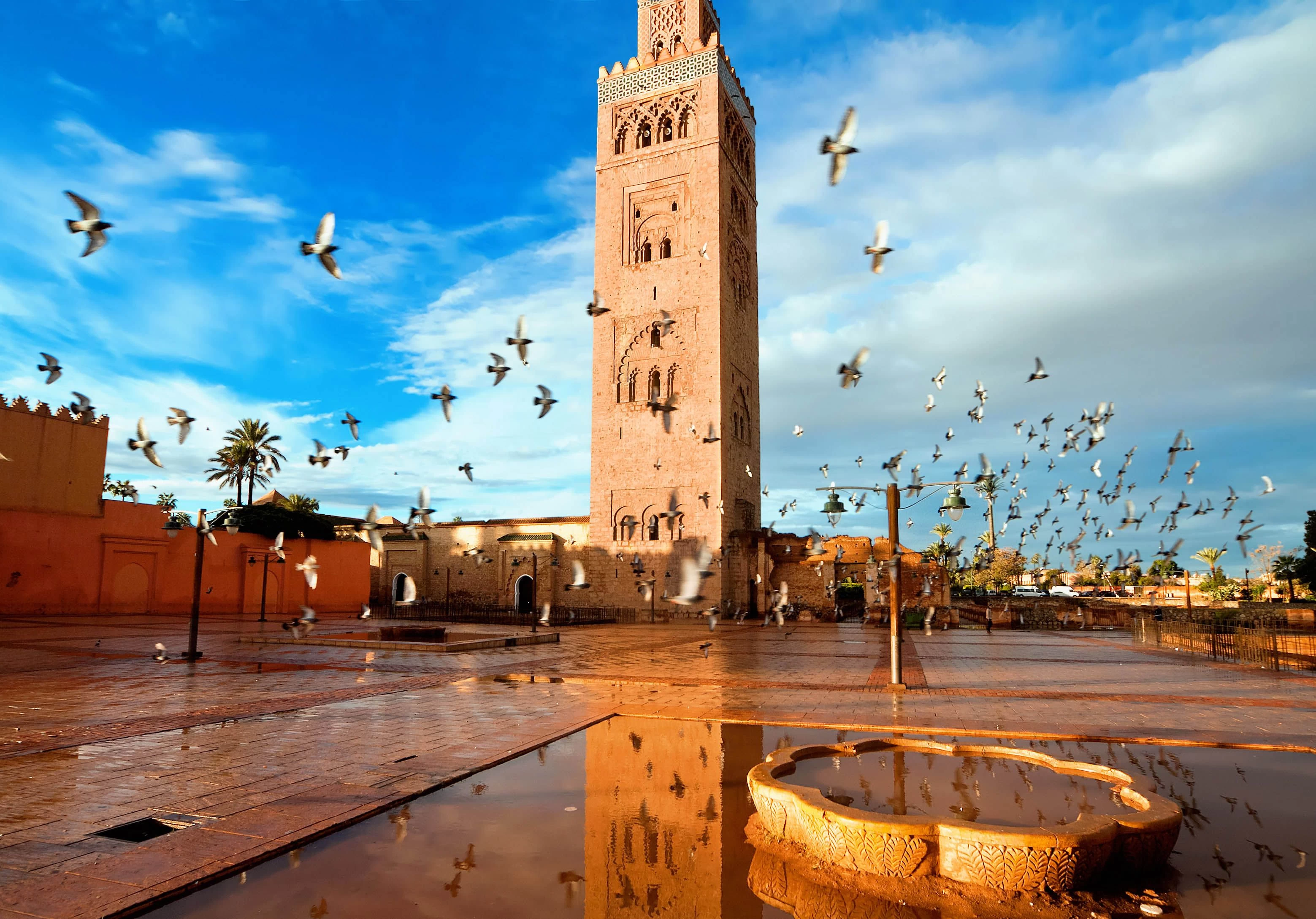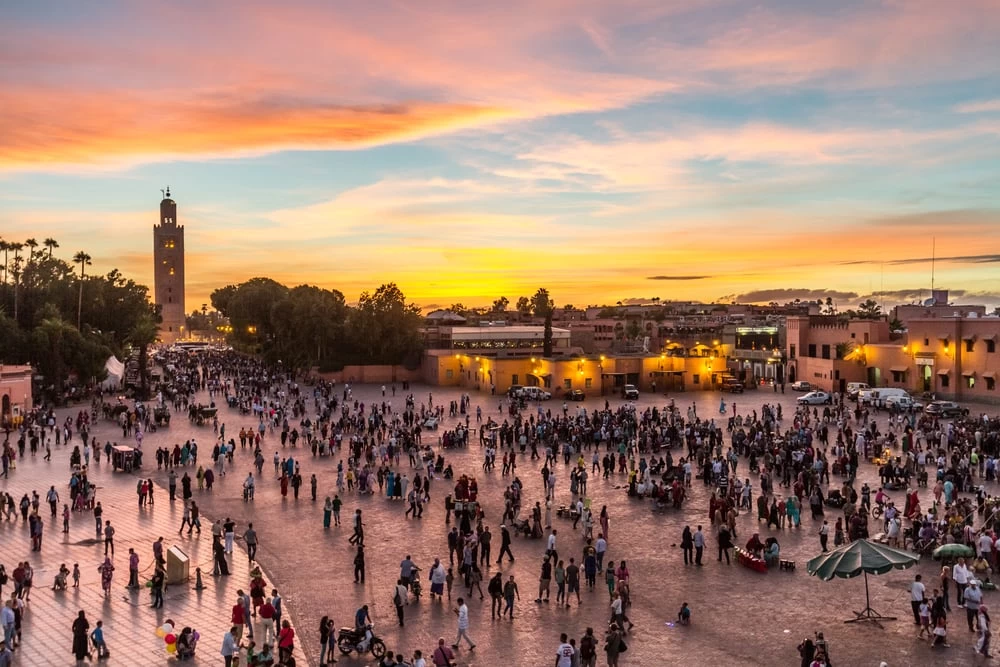Morocco
Top Morocco Vacation Packages
The cities of Morocco are a treasure trove of history and architecture. Marrakesh, with its bustling souks, grand palaces, and the famous Jemaa el-Fnaa square, serves as a gateway to the Sahara Desert. Fes, known as the cultural and spiritual capital of Morocco, boasts the world’s oldest university, Al Quaraouiyine, and a maze-like medina that is a UNESCO World Heritage site. Rabat, the political capital, and Casablanca, the modern economic hub, showcase a fascinating blend of the ancient and contemporary.
The country’s warm hospitality and diverse experiences make it a must-visit destination for travelers seeking adventure, history, and culture. Whether exploring the ancient medinas, hiking in the Atlas Mountains, or relaxing on the coast, Morocco offers something for everyone.
Related Blog
Explore our blog for more details and insights on this topic.
WHAT WE OFFER
Do You Have Questions ?
- Best seasons: Spring (March to May) and Fall (September to November).
- Summer is very hot, especially in the desert and inland.
- Winter can be cold, particularly in the mountains and desert.
- Many nationalities do not need a visa for stays up to 90 days.
- Check visa requirements based on your nationality.
- Ensure your passport is valid for at least six months beyond your stay.
Visa requirements for Morocco depend on your nationality. Citizens of many countries, including the United States, Canada, the European Union, Australia, and New Zealand, do not need a visa for stays of up to 90 days. However, travelers from other countries may need to obtain a visa in advance. It’s essential to check the latest visa regulations with the Moroccan consulate or embassy in your country before planning your trip. Additionally, ensure that your passport is valid for at least six months beyond your intended stay.
- Dress modestly, especially at religious sites.
- Respect customs during Ramadan, avoiding public eating and drinking.
- Haggling in markets is common and expected.
Moroccan culture is deeply rooted in its Islamic heritage, and visitors should be mindful of local customs and traditions. Respect for elders and modesty in dress are important values. When visiting religious sites, it is advisable to dress conservatively, covering shoulders and knees. During the holy month of Ramadan, eating, drinking, or smoking in public during daylight hours is considered disrespectful. Additionally, haggling in markets is a common practice, and it’s expected that you negotiate prices politely.
- The currency is the Moroccan Dirham (MAD).
- Carry some cash for small purchases, especially in markets and rural areas.
- Credit cards are widely accepted in cities, but cash is preferred in smaller establishments.






